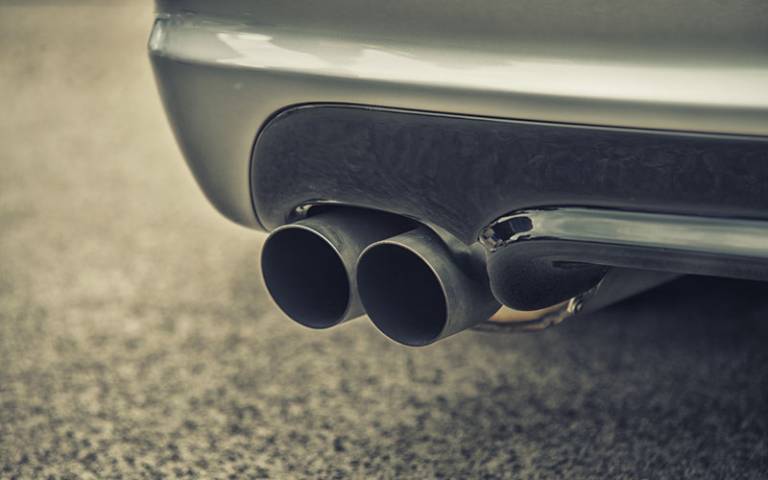Water doping for smart pollution reduction
An open-source approach to reducing air pollution from diesel engines.

14 February 2020
Air pollution is a serious and growing problem in London. In 2017, a citizen concerned about health impacts on his family and neighbourhood, approached the Engineering Exchange (EngEx) to discuss an idea to reduce airborne nanoparticles.
One type of pollutant which is very harmful for human lungs is caused by the combustion process in diesel-powered engines, including trucks. One way to reduce production of these pollutants is to improve combustion efficiency.
Hydrogen and other gases can work as combustion accelerants, and H20 has been found to positively affect diesel combustion efficiency, leading to a rise in ‘water doping’ technologies in which water, mist and/or steam are added to diesel fuels.
While some of these technologies are available commercially, a project was proposed to develop a low-cost, freely available and easily replicable design for a water doping product that could reduce particulates when fixed to diesel engines.
To facilitate this, Dr Paul Hellier of the UCL Faculty of Engineering’s Department of Mechanical Engineering supervised Seifeldin Mohamed Said Mattar, a student in the MSc Engineering with Innovation and Entrepreneurship.
The first phase of the project explored the effects of water mist and steam inhalation on a water doping system for combustion engines, assessing the reactor product gases in a standalone test rig that is able to vary temperature, pressure and flow and to use this to create simulants for engine testing.
The research comprised the first stage in a larger project to determine over what range of temperature, flowrate, and electrostatic charge conditions effects on the composition of the gas from the device outlet appear, leading to a more robust, publically-accessible technology design.
Find out more
- Website: ucl.ac.uk/engineering-exchange
- Email: engex@ucl.ac.uk
- Twitter: @uclengex
 Close
Close

